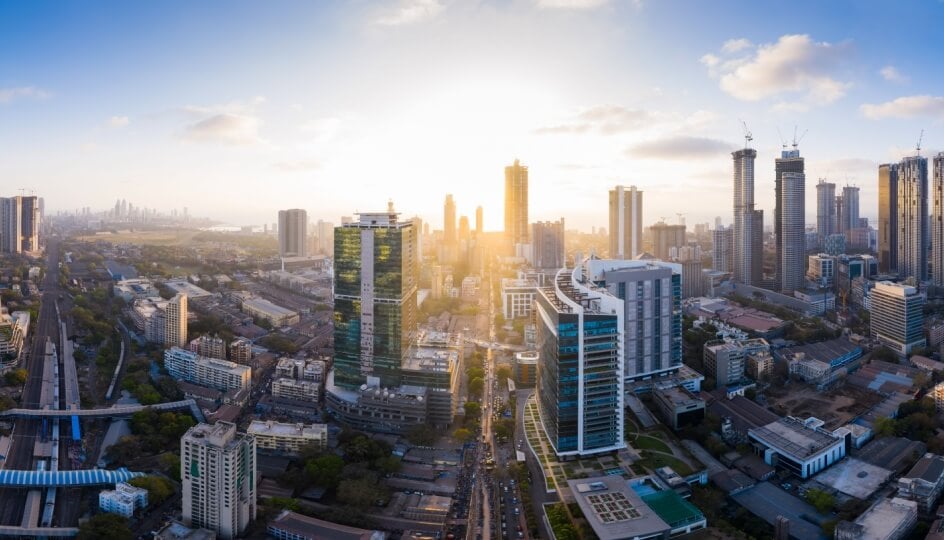News and insights
Global Business Complexity Index (GBCI)
Global Business Complexity Index
Fund formation and administration
Outsourcing fund administration – eight factors for success
5 minute read
Subscribe to our eAlerts
Our experts bring you the latest updates from around the world
Subscribe now Subscribe now








